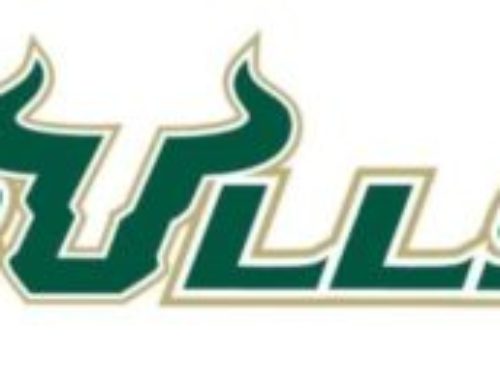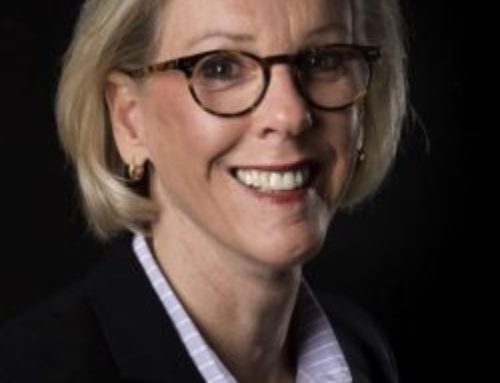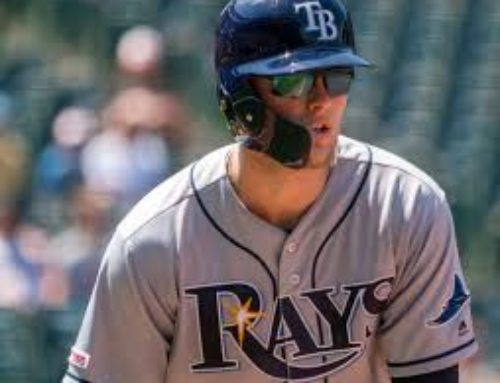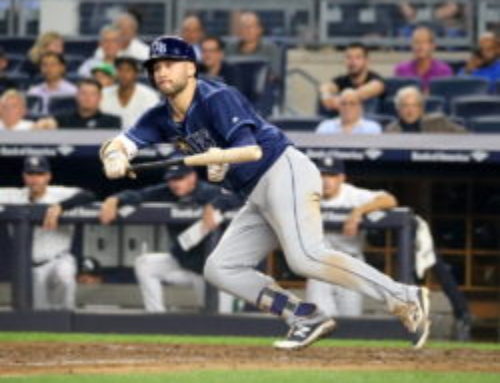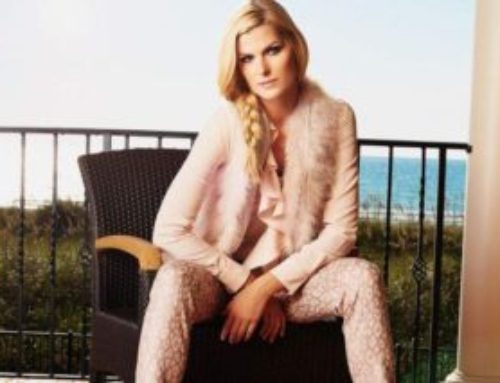Andrew Friedman Has Been The Catalyst For The Rays’ Success
By JOEY JOHNSTON
Tribune Staff Writer
(c) Tampa Bay Times. Originally published Oct. 22, 2008.
ST. PETERSBURG – As a kid, Andrew Friedman had dibs on the morning sports section so he could study the box scores. Well before he could drive, he still made a daily pilgrimage to Houston’s Astrodome and was passed off as a player’s kid because he hung around the home team so much.
While refining a take-no-prisoners playing style during his teenage years, Friedman wrote Lenny Dykstra’s number on the back of his cleats and answered to the nickname of “Nails,” a tribute to the type of leadoff batter and center fielder he wanted to become.
Everything about Friedman’s approach – everything in his life, really – spoke to his passion for baseball.
So really, it’s not surprising that Friedman, 31, has become a Midas-touch executive vice president of baseball operations for the Rays, who open the World Series tonight at Tropicana Field against the Philadelphia Phillies.
But in reality, despite his lifelong dreams, it happened by accident.
Five years ago, he was on Wall Street, first as a rookie investment analyst for Bear Stearns & Co., where 15-hour days are considered the work of slackers, then as an associate with MidMark Capital, a private equity firm.
He was making good money, closing deals worth millions, really going places.
The only place he really wanted to be was at a ballpark.
“Andrew once told me, ‘Crunching all these numbers every day, that’s fine, but it’s not where my heart is,'” said Steve Lipman, who was Friedman’s boss at Bear Stearns. “He’d ask if I knew anybody with one of the baseball teams. He said he’d wash the floors there, if that was the way in.”
Then came an unexpected break in 2003. Through his investment-banking buddy, Matt Silverman (now president of the Rays), he met Stuart Sternberg, who was about to purchase controlling interest in Tampa Bay’s baseball franchise.
The group convened at a diner near Sternberg’s home in Rye, N.Y.
Sternberg and Friedman hit it off immediately. They talked for hours.
“He had the same thought process I did,” Sternberg said. “I sensed his passion. His willingness to step away from a lucrative career meant an enormous amount to me.
“Was there skepticism [from others]? Yes, but people didn’t know Andrew. He knows his stuff and he’s a quick study. The bottom line is, ultimately, this is a results-driven business. And you have to like the results.”
Known For His Focus, Tenacity
Friedman’s baseball department, including key adviser Gerry Hunsicker, has traded for Matt Garza and Jason Bartlett, hired Manager Joe Maddon, drafted Evan Longoria and acquired Willy Aybar (among other moves).
“Andrew isn’t afraid to walk through the fire to execute his game plan,” Yankees general manager Brian Cashman said. “How Andrew does what he does, I couldn’t tell you. Coca-Cola doesn’t give out its secret formula. But whatever he’s doing, it’s working.”
Friedman’s older brother, Brent, knows the key ingredient in that secret formula.
Tenacity.
“He’d play games with my friends – older guys – and he got knocked down plenty,” said the older brother, a Houston real-estate developer. “Then he’d get up. He’d get knocked down again. Then he’d get up. If he really wanted something, he was going to work to get it.”
Friedman’s determination sometimes reached ridiculous levels as an Astros fan, where he saw hundreds of games, including a 16-inning loss to the Mets in Game 6 of the 1986 National League Championship Series. “Fairly traumatic,” Friedman said. Players befriended him, and he usually turned up back at the family seats with a collection of bats, wristbands and batting gloves.
Regularly, young Andrew hung out at the visiting team hotel, feeding his self-described “insatiable” appetite for everything baseball. According to family legend, he once met Tony Gwynn in the lobby, handing over about 60 baseball cards and asking for autographs. Come back tomorrow, Gwynn said, as he took the cards.
The next day, the cards were returned – all signed.
“Andrew was more focused and driven than most kids, but people also gravitated toward him,” said Friedman’s father, Kenny, a Houston attorney. “When he played baseball, he made things happen. His uniform was always dirty.”
Friedman played for a USA national team that toured China. He earned a baseball scholarship to Tulane, where his father also played, but a series of injuries ended his career prematurely. Friedman got his finance degree – on the advice of an Astros executive, actually – and was accepted into the two-year Bear Stearns investment program.
“Financial boot camp,” Lipman said. “Not for the faint of heart. Andrew wanted to understand everything. He wasn’t just blindly following orders. That distinguished him from the other people he worked with in banking. He’s a go-to guy, very versatile.”
Built For The Job
Ultimately, that versatility attracted Sternberg.
Sternberg heard about Friedman’s devotion to the “risk-reward” style of deal-making. At the same time, who knew Friedman once did skydiving over Las Vegas “just to see what it feels like,” and also hang-glided off the side of a mountain in Switzerland?
Friedman was expected to add discipline and financial savvy, but who expected him to break down players like a grizzled scout?
“Andrew sees things others don’t,” Maddon said. “He’s more mature than I am. Here’s how I describe our relationship. He’s like my father and I’m like his son.”
Up until five years ago, Friedman settled for being a consultant for his brother’s fantasy team in the Toy Cannon League (named for Jimmy Wynn), comprised of Houston attorneys and business professionals.
“Andrew would tell me to make a trade, and inevitably it would work out great,” Brent Friedman said. “He has a true talent for being a general manager. But what has happened to him is almost Walt Disney-esque.”
Friedman, in his current position since November 2005, is not given to talking about himself expansively. He loves it when others get the credit.
“There’s a lot of moving parts to what we do, and there’s a human element, too,” Friedman said. “But we’re not afraid to make mistakes because they’re going to happen.
“We have to be fluid and willing to adapt because our margin for error is less than the other teams in our division. That’s a fact of life. There are surprises and sometimes you can’t foresee them. In those situations, I take full responsibility. The fault stops here.”
It’s difficult to find much fault in Friedman’s approach. Sports Illustrated recently named Friedman as its executive of the year, calling him a “genius.” Friedman seemed more bemused than flattered.
“Andrew has the hardest job in the organization because all of his decisions are in the public eye,” Silverman said. “But he’s so prepared.”
That preparation was forged when he pored over box scores, when he lived and died with the Astros, when he got the most from his playing ability and even when he grinded through life on Wall Street. Baseball is all he ever wanted. He took that risk. What the Rays got in return has proven to be immeasurable.

